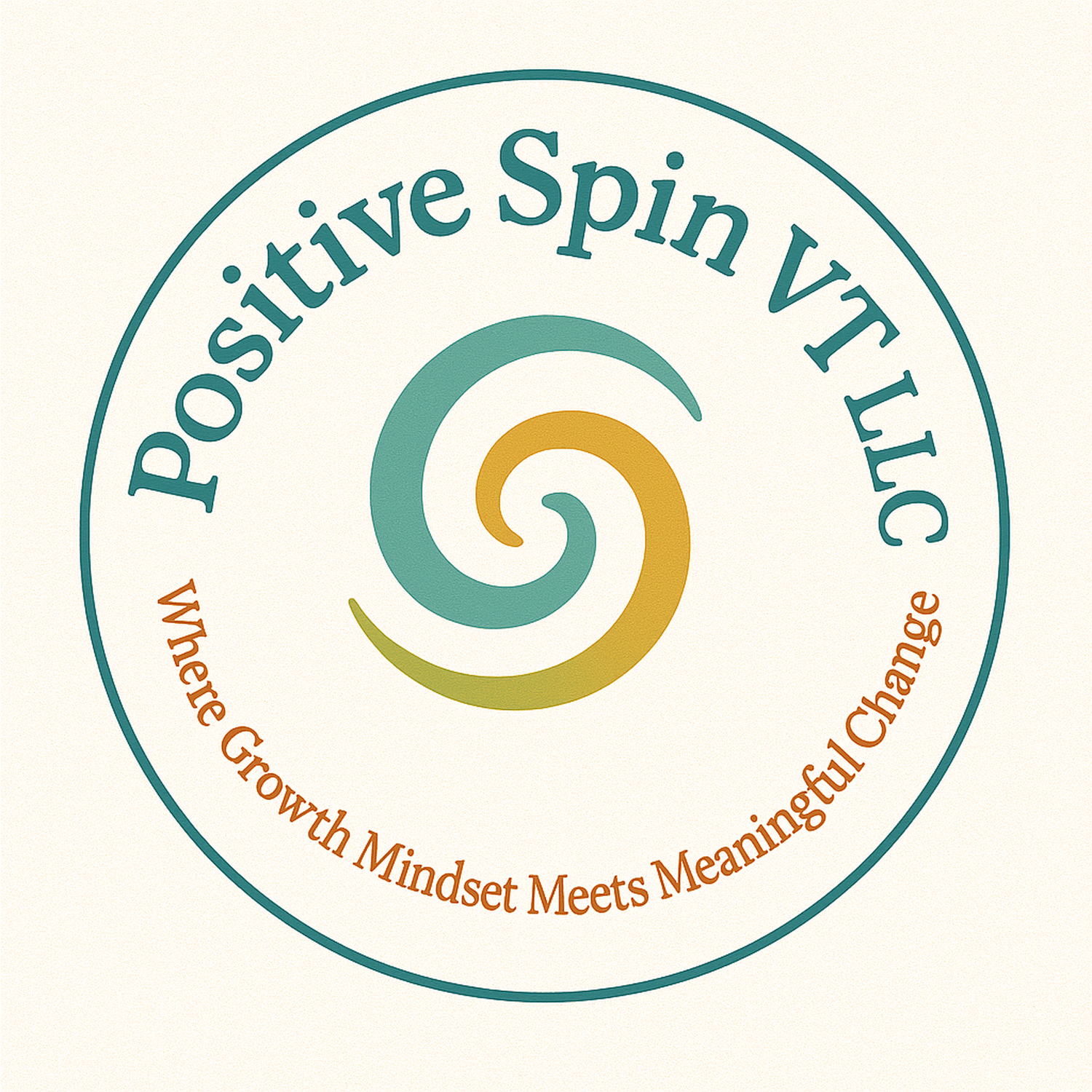Guest Blogging in 2020
I am so grateful to have been asked to do some guest blogging. Family.co covers the child care industry and child development for an audience in the US and UK. They are one of the biggest Early Years publications in the UK, and have had over 2 million visitors to the blog this year.
This was published in November, 2020. https://famly.co/blog/the-adult/avoiding-burnout-early-years-child-care/
Another was published in December, 2020 about using Appreciative Inquiry in early care and education. How Child Care Workers Can Find More Joy in Each Day | Famly
Emerging from Stressful Situations Appreciative and Strong
by Ellen M. Drolette
September 18, 2020
“Nothing can dim the light which shines from within.”
Maya Angelou
“Tell me about the best thing that happened to you this weekend?” I could change this statement and ask, “Tell me about the best thing that happened when you were quarantined with a stay-at-home order for three months.” At least that is how most of us in Vermont and around New England spent our Spring. What is the best part, you ask?
One of the highlights for me (there were many) was making connections with people around the state through virtual support and networking. I also know that I said many times, “I will never have this amount of time off again.” I am going to embrace it and enjoy it. With that came a bit of guilt.
When I reflect on those weeks leading up to reopening, and I wondered if this is what public school teachers feel like when school reopens. I was anxious, butterflies, and concerned. Was the new system going to work? Was I going to be able to manage the illness without making people angry? (probably not) Can I social distance from parents while still taking temperatures and checking in.
It was a delicate balance between doing what is safe and healthy for all and developmentally appropriate for very young children.
The bright spots personally were the closets and nooks and crannies that got cleaned in both our houses. It was a tremendous amount of time I had to reflect on my work while I scanned old photos and packed up old junk.
I also did a tremendous mental cleanse. Throughout the time of the stay at home order, I went through some significant business changes that resulted in time spent letting go. It took lots of anger, sadness, talking, and tears to get through to the other side—the side where I come out healthier, happier, and more balanced than ever before.
Little did I know that over time the love I had for myself had deteriorated without me knowing. Little by little, I had been worn down, I took some time to learn to love myself again. I realized that people only understand their level of perception; any explanation from me won’t matter.
The thing is- perception is not reality. It may be one person’s reality, but not my reality. What helps guide me are my goals or mantras.
I have a few simple goals in life.
1. Be a good person
2. Make a difference in other people’s lives.
3. Be kind even when it is hard to be.
4. Live appreciatively, joyfully, and optimistically.
5. Laugh often
6. You are worthy. Don’t let anyone tell you otherwise.
The moral of the story. Ask yourself often. What is something good that happened this week? This Month? This year?

